Mali’s government has announced the suspension of all schools and universities across the country as a worsening fuel crisis paralyzes transport, businesses, and daily life. The decision, broadcast on state television by Education Minister Amadou Sy Savane, marks one of the most severe national disruptions since the military took power in 2021.
Savane said that the suspension, which will last until 9 November, was necessary because the ongoing fuel blockade had crippled the movement of teachers, students, and school workers. “The government is doing everything possible to end this crisis,” he assured, adding that classes are expected to resume on 10 November if conditions improve.
For several weeks, Mali has been reeling from an acute shortage of fuel triggered by Islamist militants who imposed a blockade on vital supply routes. These insurgents, affiliated with al-Qaeda, have been attacking fuel tankers and transport convoys along key highways linking Mali to its coastal neighbors. The attacks have made it nearly impossible to transport fuel into the landlocked nation, which depends entirely on road imports from countries such as Senegal and Ivory Coast.
In the capital city Bamako, the effects have been devastating. Long queues now snake around the few petrol stations still operating, while many have run dry altogether. Public transport has slowed to a crawl, businesses have cut operations, and the once-bustling streets of the city are eerily quiet. The shortage has also led to severe electricity cuts, further compounding the hardship for residents.
Earlier this month, Mali’s military-led government sought to reassure the public, claiming the shortage was temporary and that supplies would soon normalize. But the crisis has only deepened, revealing the state’s limited capacity to secure major transport routes and protect critical infrastructure from insurgent attacks.
The fuel blockade has also drawn international concern. The United States Embassy in Bamako announced last week that it was evacuating non-essential staff and their families, citing the fuel shortage and escalating security threats. In a statement, the embassy warned that the disruption had begun to affect essential services like electricity generation and could destabilize the overall security situation “in unpredictable ways.”
Mali has been under military rule since 2021, when Colonel Assimi Goïta seized power in a coup following months of political unrest. The junta initially enjoyed widespread support from citizens weary of insecurity and government corruption, promising to restore stability and reclaim control over the north, which has been under threat from separatists and Islamist fighters for over a decade.
However, the situation has continued to deteriorate. After expelling French troops and ending the long-running UN peacekeeping mission, Mali turned to Russian mercenaries from the Wagner Group to help combat insurgent forces. Despite this shift in alliances, violence has persisted. Large swathes of the country’s north and east remain under the control of jihadist groups, while attacks on security forces, civilians, and infrastructure continue to rise.
The ongoing fuel blockade underscores the militants’ growing influence and ability to choke vital lifelines to the capital. Analysts say the attacks on fuel convoys are a deliberate attempt to weaken the government economically and erode public confidence in its ability to govern. The resulting shortages have crippled transport networks, disrupted food supplies, and forced many families to rely on black-market fuel sold at exorbitant prices.
Beyond the economic consequences, the closure of schools and universities adds to the country’s growing list of crises. Education has already been severely disrupted by years of conflict, displacement, and instability. In many rural areas, schools have been shut for months due to insecurity, and teachers have fled regions overrun by armed groups. The latest suspension threatens to set back learning even further, particularly for children already affected by poverty and conflict.
Residents of Bamako have expressed frustration and fear over the government’s handling of the situation. “We are tired of promises,” said a local teacher stranded in the capital. “We can’t move, we can’t teach, and our students are losing valuable time. Every day, life is getting harder.”
As the crisis drags on, Mali faces a perilous balancing act. The government must find a way to restore fuel supplies while confronting insurgents who now appear to hold significant leverage over key economic routes. Without quick action, analysts warn that the blockade could deepen social unrest, strain military resources, and further isolate the country diplomatically.
For now, Malians wait anxiously for signs of relief. The closure of schools is more than just a temporary measure it reflects the far-reaching impact of a conflict that has bled into every corner of daily life. With no clear solution in sight, the fuel blockade threatens to push an already fragile nation closer to the brink.


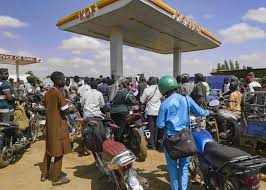

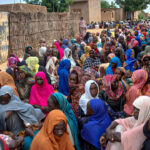

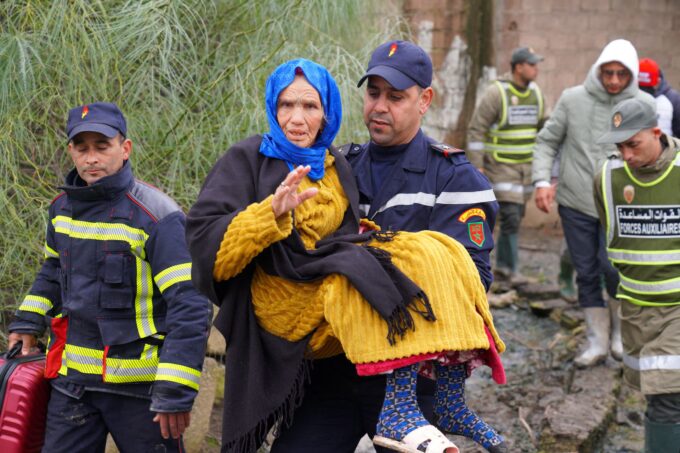
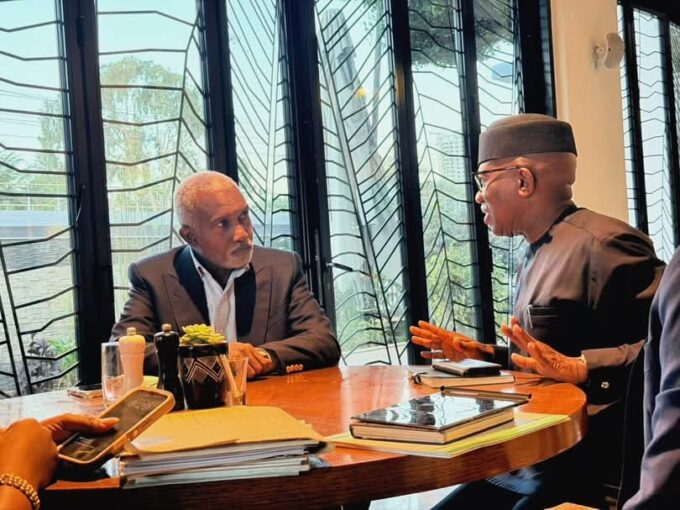
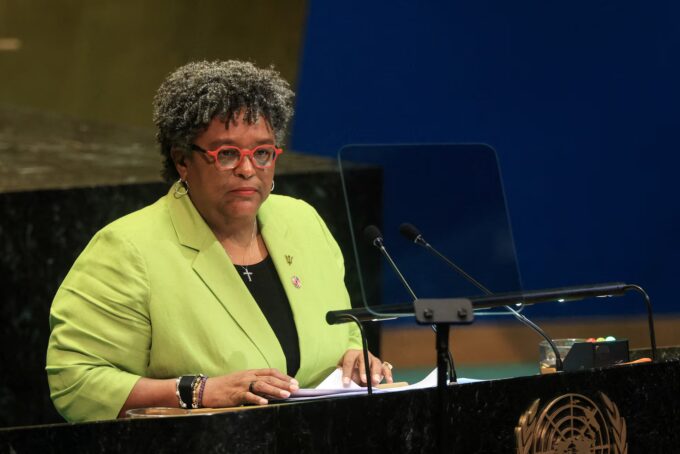

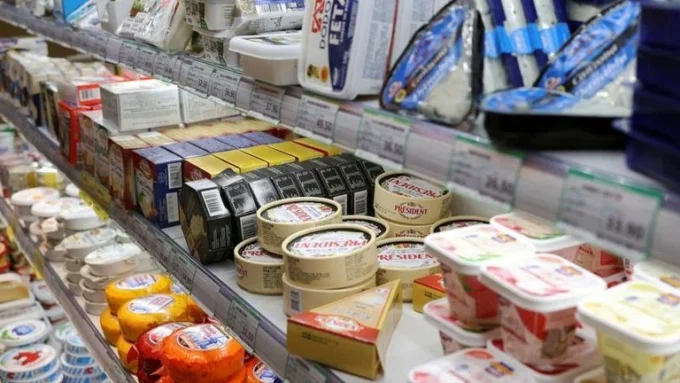


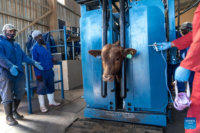
Leave a comment